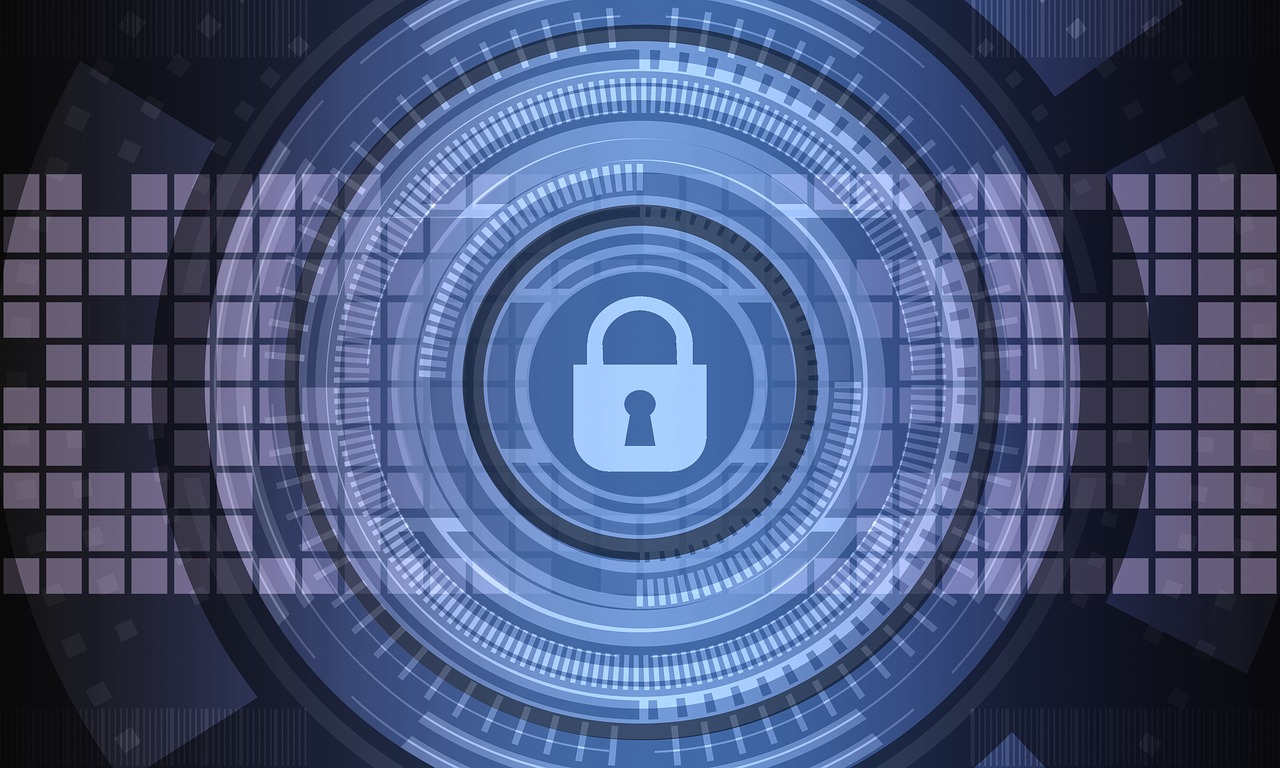With remote working on the rise both as a full-time option and an occasional change of pace for those who benefit from flexible working, it brings along a whole new set of challenges for both employers and employees.
One of these new challenges is the issue of cyber security. If you are a remote worker yourself, or someone who employs remote staff as part of your workforce, here are some useful cyber security tips.
Invest in Training
Remote workers can often be forgotten about when it comes to train. However, when it comes to cybersecurity, they can be the most vulnerable ones in your organisation. This means that cyber security training is not only recommended for remote workers but should be seen as essential. With so many cyber treats target emails and third party sites used by employees, it is vital that both your central employees and those working remotely are properly trained on how to spot any suspicious activity and common traps set by cybercriminals.
Keep Communication Secure
Whether you are a remote worker yourself, or someone who employs remote working staff, emails are probably the most common way that you will be communicating with the rest of the team, as well as any clients you may have contact with. As such, you’ll want to do everything to ensure that this channel of communication is secure, and that important files are safeguarded by the use of encryption software.
You can ensure that your emails, and any attached files, are secure either by invest in encryption software or by using a virtual disk drive. By using a virtual disk drive as a server, you can be sure that any company communication and files are safe as long as the drive remains locked. Forward Secrecy (PFS), also known as Perfect Forward Secrecy (PFS) is another cybersecurity measure you should look to implement in order to keep your channels of communications secure between remote workers and the central office.
Use a Virtual Private Network (VPN)
Virtual private networks are simply put a lifesaver when it comes to cybersecurity measure and the remote workforce. Like virtual disk drives, they allow for the secure transmission of company information. VPNs allow users to send and receive data securely, even across public networks. This offers remote workers an extra layer of protection on everything from data they transmit to web sessions and even personal information – or, in this case, sensitive company information.
Be Wary of Using Unsecured Connections or Public Wi-Fi
One of the perks of being a remote working is the freedom to spend your working day anywhere with an internet connection. This does, however, mean that remote workers are often using public Wi-Fi and unsecured connections, which is a major red flag from a cybersecurity point of view. The use of these networks leaves devices vulnerable, making them easy targets for cybercriminals. As a remote worker, you should only ever use secure connections or request that your employer sets up a VPN for you to use. As an employer, you should set out a clear remote working policy. Within this policy, you should offer guidance on the safe and responsible ways in which remote workers should access company networks and highlight the fact that using public Wi-Fi should always be seen as a last resort.
Make Two-Factor Authentification (2FA) Standard
The use of two-factor authentification (2FA) is quickly becoming standard practice in most workplaces so it makes sense to implement its use for remote workers too. When using 2FA, employees must first enter their password as they usually would in order to access the company system or any work-related accounts.
Individuals should already be familiar with this process as companies like Paypal and Microsoft have already introduced 2FA for the use of the customers. By introducing an additional security step – which most people will already be familiar with – you can greatly reduce cybersecurity problems.



 Bitcoin
Bitcoin  Ethereum
Ethereum  Tether
Tether  XRP
XRP  Solana
Solana  USDC
USDC  TRON
TRON  Cardano
Cardano  Lido Staked Ether
Lido Staked Ether  Avalanche
Avalanche  Toncoin
Toncoin